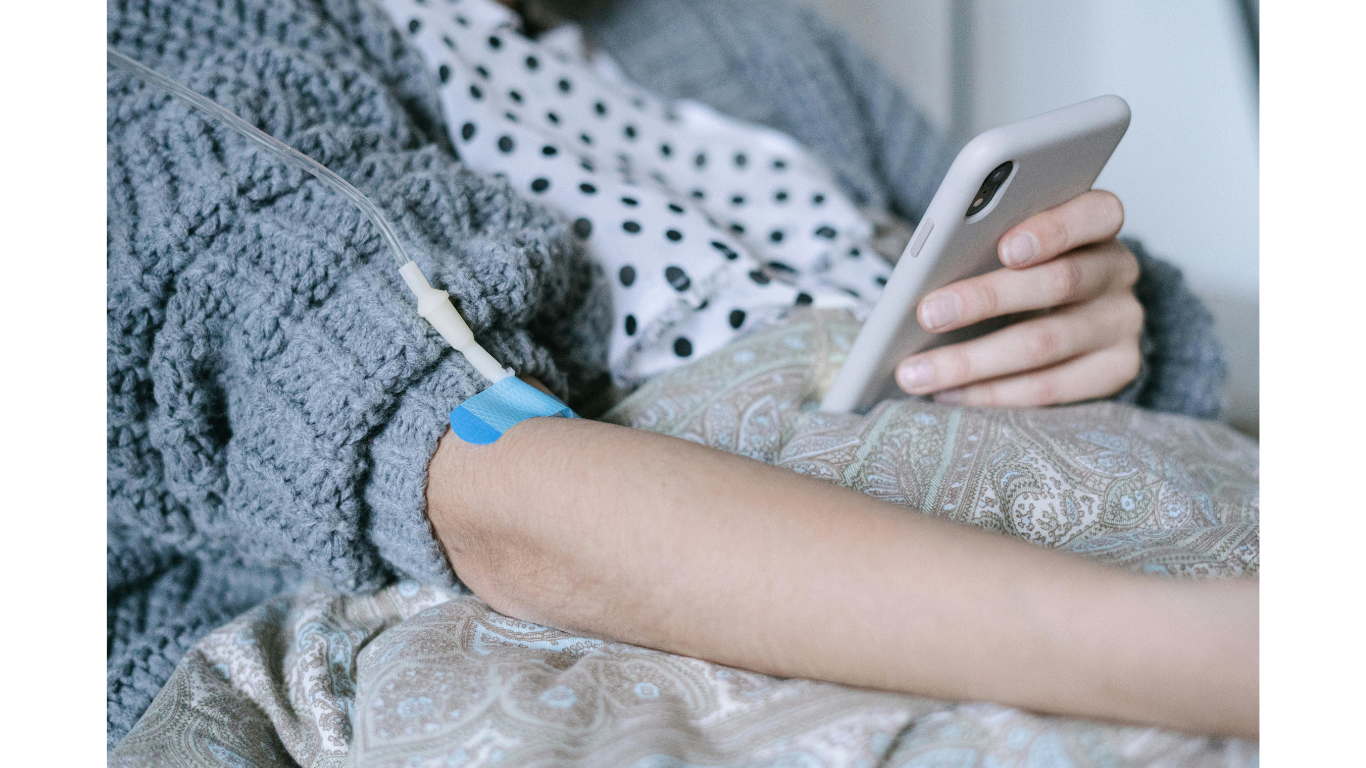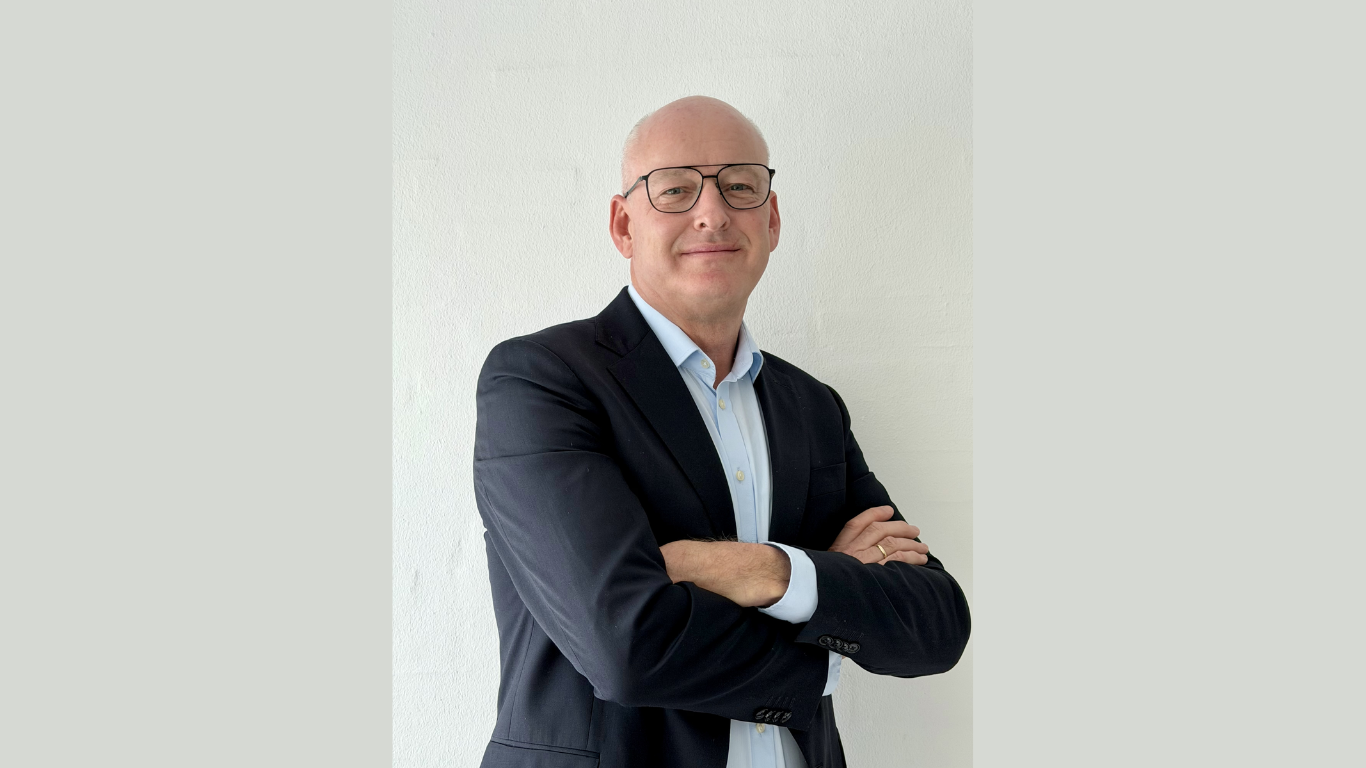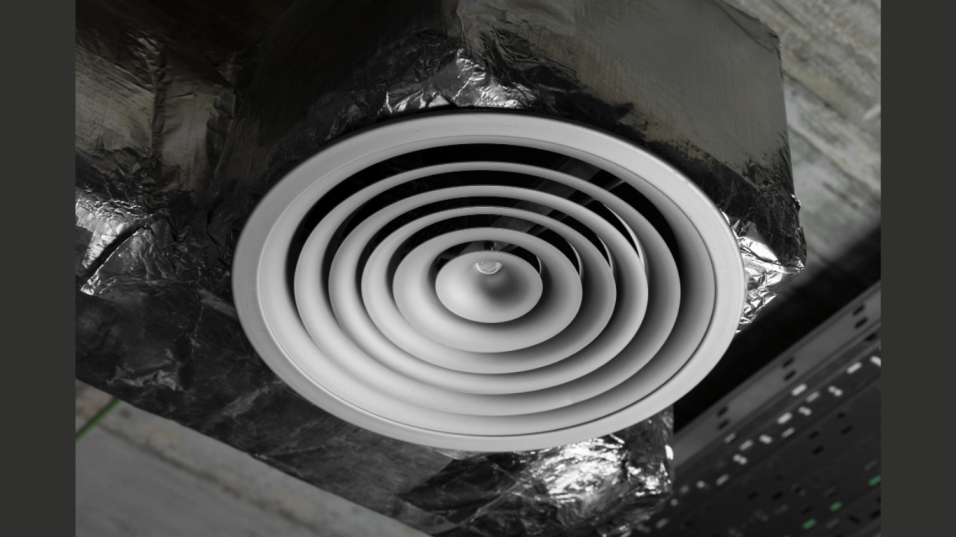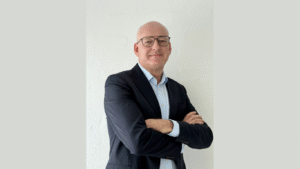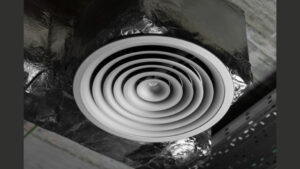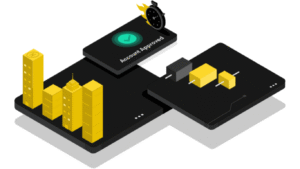When you’re facing something serious like cancer treatment, there’s a lot to take in. Doctors talk fast. Machines buzz. It’s easy to feel overwhelmed. That’s where education steps in.
Understanding the tools and methods behind the treatment can actually bring some peace. Radiation therapy is one of those areas where good education can make all the difference. It doesn’t just help patients—it also strengthens trust in the healthcare system itself.
Radiation Experts Start With Solid Schooling
Radiation therapy is not something you pick up on the fly. It takes real training and education to do it right. That’s why it’s important to enroll in an accredited radiation therapy program. These programs teach the science behind radiation. They also cover how to handle the equipment and how to work safely with patients.
It’s not just about pointing a machine and pressing a button. Radiation therapists need to understand how different doses affect different parts of the body. They also need to explain things clearly to patients who are scared or confused.
When someone goes through a certified program, they come out not just trained but trusted. Patients feel better knowing their therapist actually studied this stuff. It’s not guesswork. It’s a trained skill. That level of professionalism helps the whole system feel more trustworthy.
Why Patients Need to Understand the Process
There’s a lot of fear around radiation. It sounds harsh. The word alone brings up scary images for some people. That’s why education matters so much. When patients understand what radiation therapy is and how it works, they tend to feel less nervous. They also follow through better on appointments and instructions. Knowledge creates calm.
Many hospitals now include quick info sessions or handouts before treatments. Some even have therapists walk patients through what to expect. It’s a simple step that helps people feel included. When patients feel informed, they’re more likely to trust the team taking care of them.
Breaking Down Myths Builds Confidence
A big part of radiation education is clearing up myths. Some people worry that radiation therapy might make them radioactive. Others think it’s the same as getting a full-body X-ray every single day. That’s just not true. But if no one takes the time to explain it, those beliefs stick around.
Radiation therapists who are well-trained know how to explain things in simple terms. They don’t throw around complicated science words. They keep it real. They break it down so patients understand what’s happening and why. This kind of clear communication is key. It empowers people, making them feel safer and more in control of their lives.
Education Helps Families Feel Safe Too
Patients are not the only ones who need to understand radiation therapy. Family members often have questions too. They want to know what their loved one is going through. They also want to make sure it’s safe. Radiation education doesn’t just help the person getting treated—it helps everyone around them.
Some clinics offer group Q&A sessions or printed guides for caregivers. These small steps go a long way. When families feel informed, they’re more supportive. They also feel better about the treatment plan. That kind of backing makes a huge difference in how a patient handles the process.

Ongoing Learning Keeps Care Updated
Radiation technology keeps changing. Machines get more precise. Techniques improve. That’s why education doesn’t stop after school. Therapists have to keep learning. Many states require continuing education credits. That means professionals stay sharp and current.
This ongoing training helps keep treatments safe and effective. It also shows patients that the people helping them are always trying to do better. That attitude matters. It shows commitment. It shows that patients are not just another number—they’re worth the effort.
Final Thoughts: Trust Starts With Training
Trust in healthcare doesn’t happen overnight. It takes time. It takes consistency. Most of all, it takes clear, honest communication backed by real knowledge. That’s why radiation therapist school is such a big deal.
When patients know they’re in the hands of someone who gets it, they relax a little. When families see clear answers, they feel more involved. And when radiation therapists keep learning, the care only gets better. It’s a full circle. Education feeds trust, and trust feeds better care. That’s the kind of loop we all want in healthcare.
Article received via email


